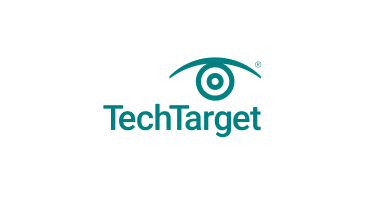Digital signatures are a secure way to authenticate and verify the integrity of digital documents, messages, and software. They use public key cryptography to create a unique signature that ensures the document has not been tampered with and comes from the intended sender. Digital signatures offer many benefits, including enhanced security, time and cost savings, and positive environmental impact through reduced paper usage.
To create a digital signature, private and public keys are used to encrypt and decrypt signature-related data. Public key infrastructure (PKI) and Pretty Good Privacy (PGP) encryption programs are used to manage keys and provide security. Digital signatures are different from electronic signatures, as they are a type of electronic signature that provides cryptographic proof of authenticity and nonrepudiation.
There are three classes of digital signature certificates, each offering different levels of security and validation. Digital signatures have various use cases in industries such as government, healthcare, manufacturing, financial services, and cryptocurrencies. Security features of digital signatures include PINs, asymmetric cryptography, checksums, CRCs, CA and TSP validation.
Potential attacks on digital signatures include chosen-message attacks, known-message attacks, and key-only attacks. Various tools and vendors offer digital signature services, including Adobe Acrobat Sign, Docusign, Dropbox Sign, EmSigner, GetAccept, OneSpan Sign, PandaDoc, SignNow, and Zoho Sign. These tools help streamline the e-signature process and ensure compliance with regulations.









